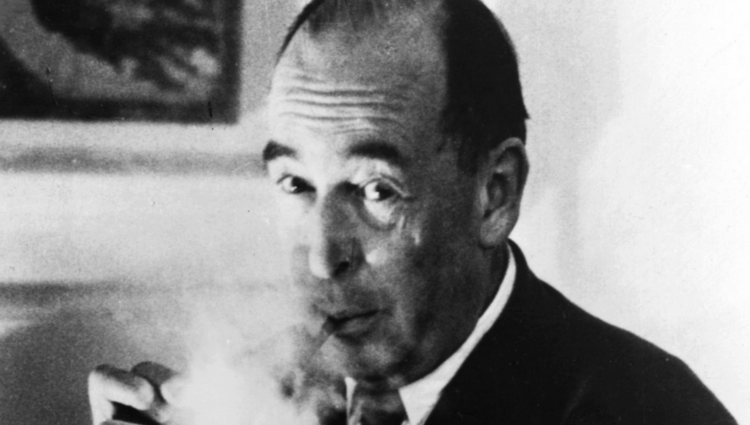Back in 2011, no one could have predicted that *Game of Thrones* would soon become the biggest show on television, and arguably of all time. While HBO was riding high after more than a decade of major hits, and adult genre TV was on the rise, the success of a big-budget epic fantasy series on a global scale was unimaginable.
Having the right time, the right place, and the right production team and cast all played a part, but the show had a strong foundation from the start thanks to author George R. R. Martin. His *A Song of Ice and Fire* novels were already massively popular, with rich characters and interwoven storylines that were ripe for a live-action adaptation.
In the early seasons, Martin stayed closely involved, even writing a handful of episodes himself. Over the first four seasons of *Game of Thrones*, Martin wrote one script per year:
– “The Pointy End” (Season 1)
– “Blackwater” (Season 2)
– “The Bear and the Maiden Fair” (Season 3)
– “The Lion and the Rose” (Season 4)
But his creative role extended beyond those scripts. Series producer Bryan Cogman explained to the *Observer* in 2015, “While George isn’t in the writers’ room, he reads the outlines and gives his notes.”
The show gained steady momentum through these initial seasons, with many fans and critics pointing to Season 4 as the absolute pinnacle of the series. However, starting with Season 5, Martin stopped writing individual episodes and grew more distant from the show, for reasons he has said relate more to showrunners David Benioff and D. B. Weiss.
After Season 4, Martin ceased writing scripts for *Game of Thrones*. Bryan Cogman told the *Observer* that this was so Martin could focus on writing *The Winds of Winter*, the highly anticipated sixth book in the series—which remains unpublished as of this writing.
Martin’s perspective, shared in a 2022 interview with *The New York Times* ahead of the *House of the Dragon* premiere, was somewhat different. He said, “By Season 5 and 6, and certainly 7 and 8, I was pretty much out of the loop.” When asked why he distanced himself, he replied, “I don’t know—you have to ask Dan and David.”
In the immediate wake of the *Game of Thrones* finale in 2019, Martin spoke more openly about the challenges of collaborating on the show. “Sometimes their creative vision and your creative vision don’t match, and you get the famous creative differences thing—that leads to a lot of conflict,” he explained.
He also pointed out how studio involvement can interfere, with factors like the popularity of certain characters influencing what’s asked of the writing team. Regarding the controversial final season, Martin called it “not completely faithful,” adding, “Otherwise, it would have to run another five seasons.”
Unlike *Game of Thrones*, George R. R. Martin has never written scripts for *House of the Dragon*, though he has remained very involved. However, as with the original series, Martin has expressed concerns about certain creative decisions in the Targaryen-centric prequel.
In a blog post during Season 2 of *House of the Dragon* (which aired in 2024), Martin shared his desire to discuss “everything that’s gone wrong” with the show—a topic he’s returned to several times, usually in reference to changes from the source material.
It’s worth noting that *Game of Thrones* diverged far more significantly from the novels after Martin’s involvement lessened from Season 5 onward, leading to some of the series’ most controversial moments and storylines.
*House of the Dragon*, on the other hand, took a step up in Season 2 with richer character development and deeper storylines. Hopefully, that positive trend will continue in Season 3 and beyond.
https://www.tvline.com/2025760/how-george-rr-martin-contributed-hbo-game-of-thrones-scripts/



